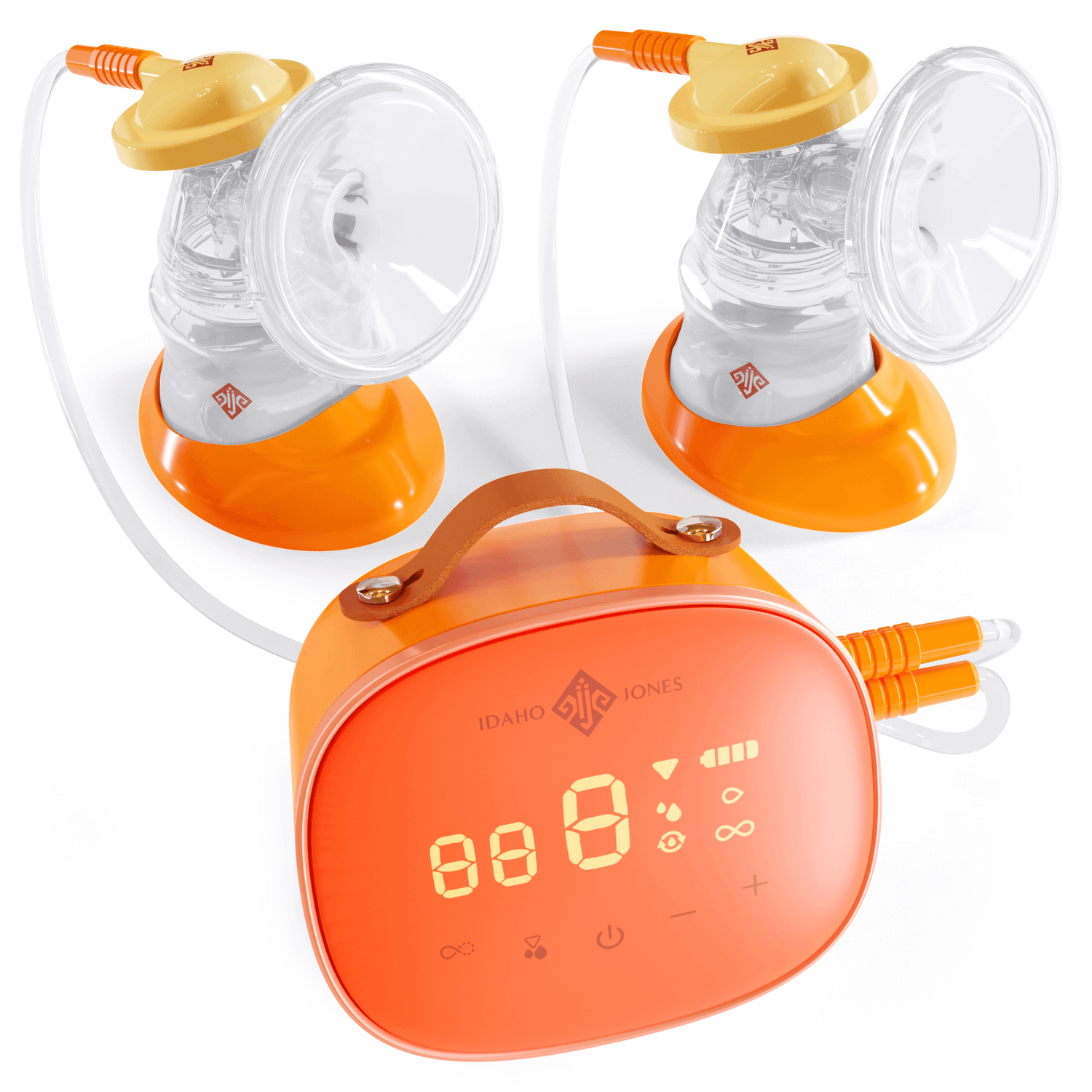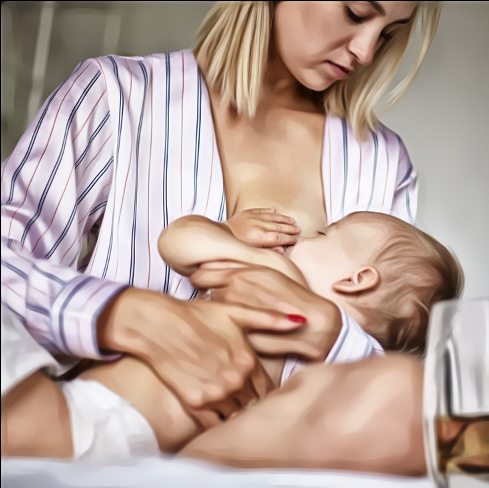The question of whether or not to consume alcohol while breastfeeding is a common one. Many mothers wonder about the safety of breastfeeding and alcohol. These questions—and worries—make sense, and thankfully, there is available data and research to help you make the right decision for yourself and your baby.
Here are some things to know about alcohol and breastfeeding, as you consider a glass of wine, bottle of beer, or other beverage of choice:
Breastfeeding is not pregnancy. Fetal alcohol syndrome and other disabilities caused by the consumption of alcohol during pregnancy are widely documented and increasingly common. In a New York Times opinion piece, Jen Gunter, an OB/GYN writes: “The truth is that fetal alcohol syndrome is far more common than people think, and we have no ability to say accurately what level of alcohol consumption is risk free.” However, breastfeeding is inherently different from pregnancy, and when it comes to the risks of consuming alcohol while breastfeeding, it’s important to consider that your baby is no longer connected to you through the placenta, receiving all of their oxygen and nourishment directly from your bloodstream, but rather is receiving nutrition from your breast milk, while breathing and doing other things entirely on their own.
Alcohol causes a temporary decrease in milk supply. Drinking alcohol will inhibit your body’s milk ejection reflex, causing less milk in the short term. This temporary decrease in milk yield is not necessarily cause for alarm, but this may factor into your decision, especially if you’re already someone with a low milk supply.
Alcohol may (temporarily) change the odor of your milk, and your baby’s feeding behavior. Studies have shown that drinking alcohol temporarily changes the odor of milk, and the way your baby behaves at the breast. Infants were shown to suck more but consume significantly less milk in feeds shortly after their mothers consumed alcohol.
It’s more about your behavior, not your milk. Even if you drink quite a bit of alcohol, the amount that passes into your milk is minimal. Take the following example, from a literature review published in 2013:
"Assuming the worst possible scenario where a mother engages in binge drinking and ingests four drinks of 12 g pure alcohol and then breastfeeds her child at the time of the maximum blood alcohol concentration, the child would still not have a blood alcohol level of more than 0.005%. It appears biologically implausible that occasional exposure to such amounts should be related to clinically meaningful effects to the nursing children."
The greater risk of consuming alcohol while caring for your child is that you’ll be too impaired to take care of them. If you do choose to drink alcohol while breastfeeding, considering alternative childcare options if you plan to drink freely should likely be a greater priority than needing to “pump and dump.”
Follow general alcohol guidelines. Current research suggests that special precautions with alcohol are not necessary for breastfeeding parents, and that instead—if you choose to drink—following general alcohol safety guidelines for your weight and sex sufficiently minimizes risk of excessive alcohol passing into your milk. Currently the United States Center for Disease Control (CDC) recommends one standard drink per day for women and up to two standard drinks per day for men.
In conclusion, the choice whether to combine alcohol and breastfeeding is up to you. Research shows that it is likely safe when done in moderation along safe alcohol consumption guidelines. However, if you do have a drink or two, your little one may be able to smell a change in your milk and you will likely see a dip in your output for your next feed or pumping session.



